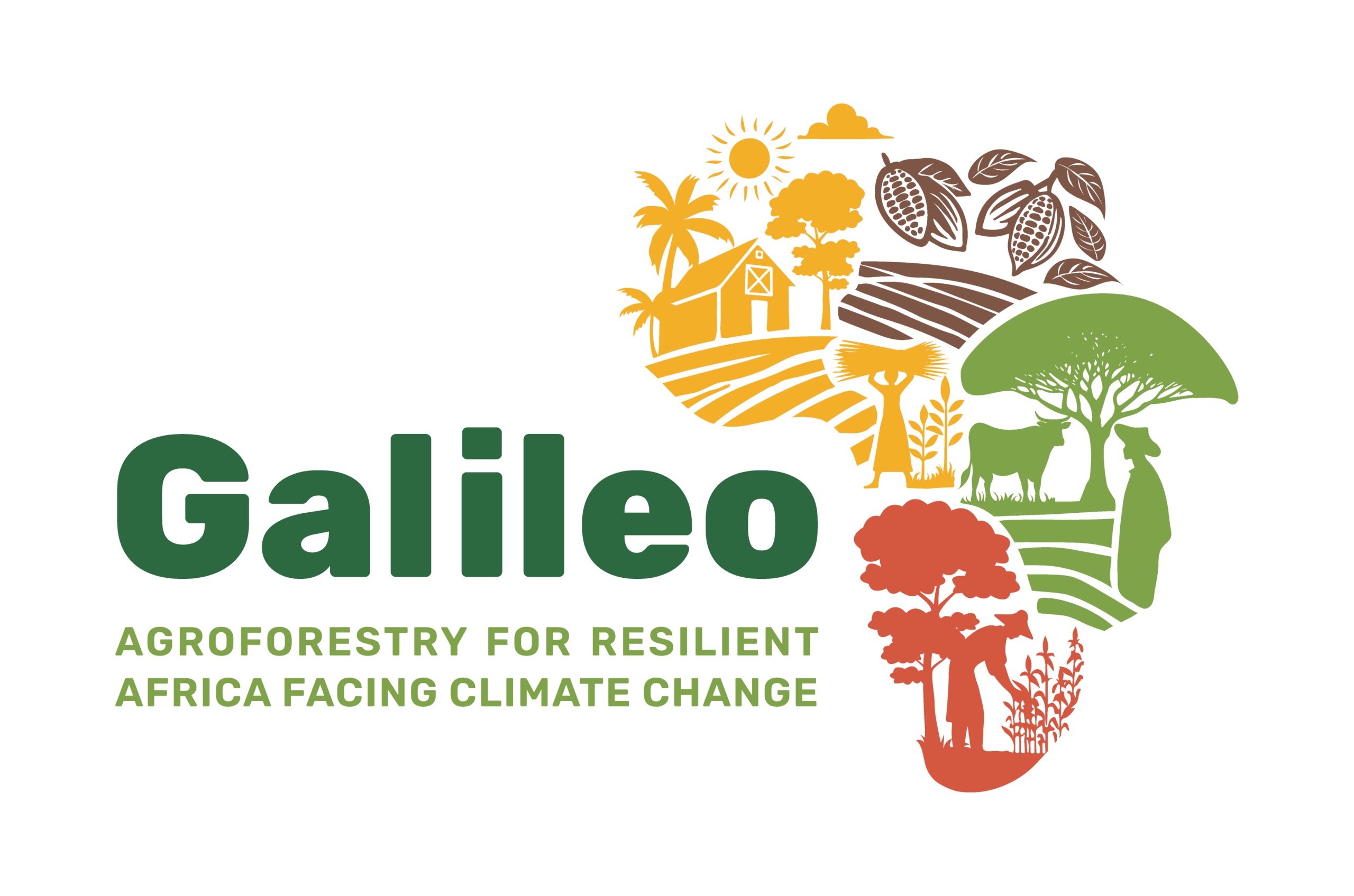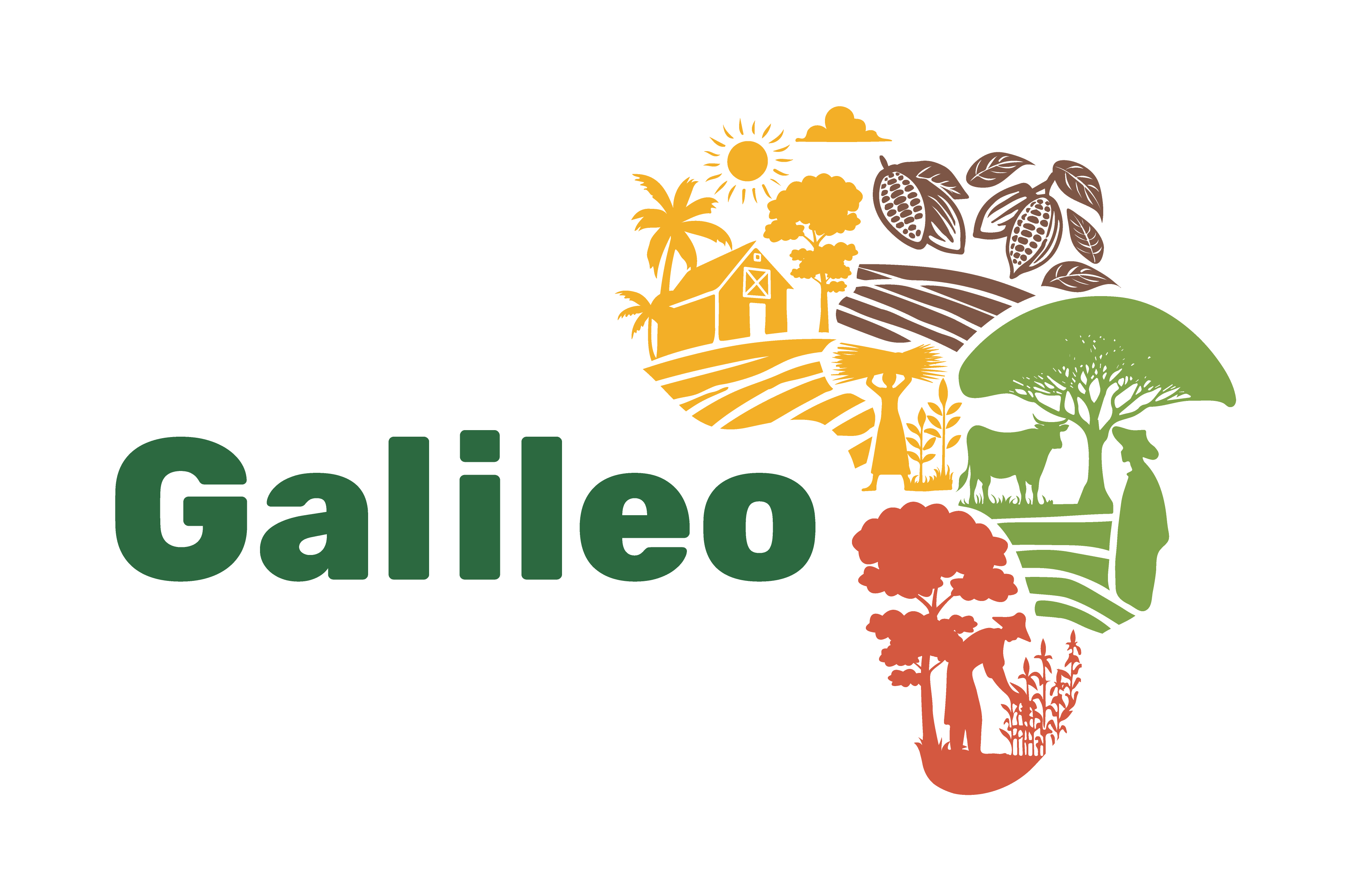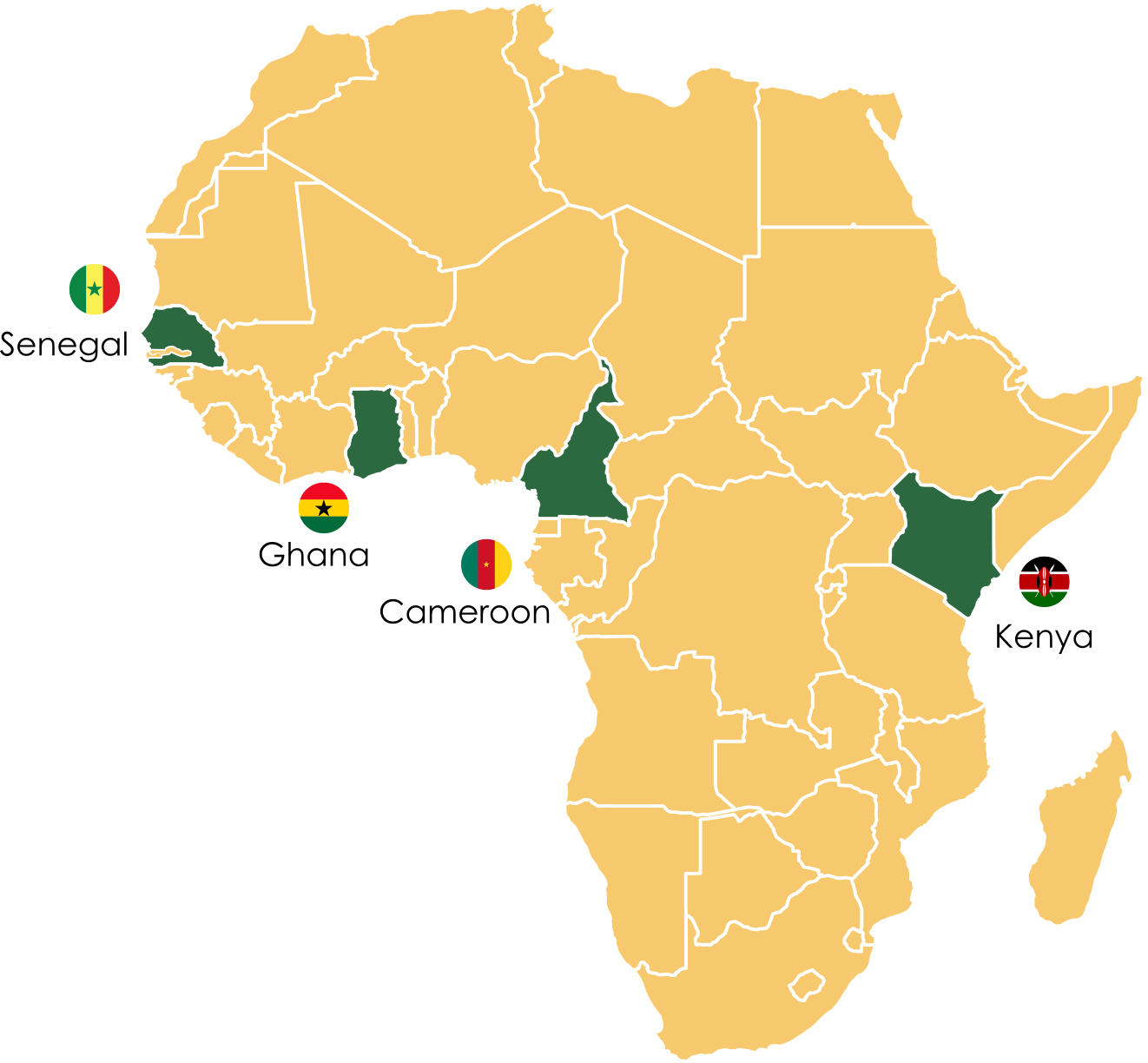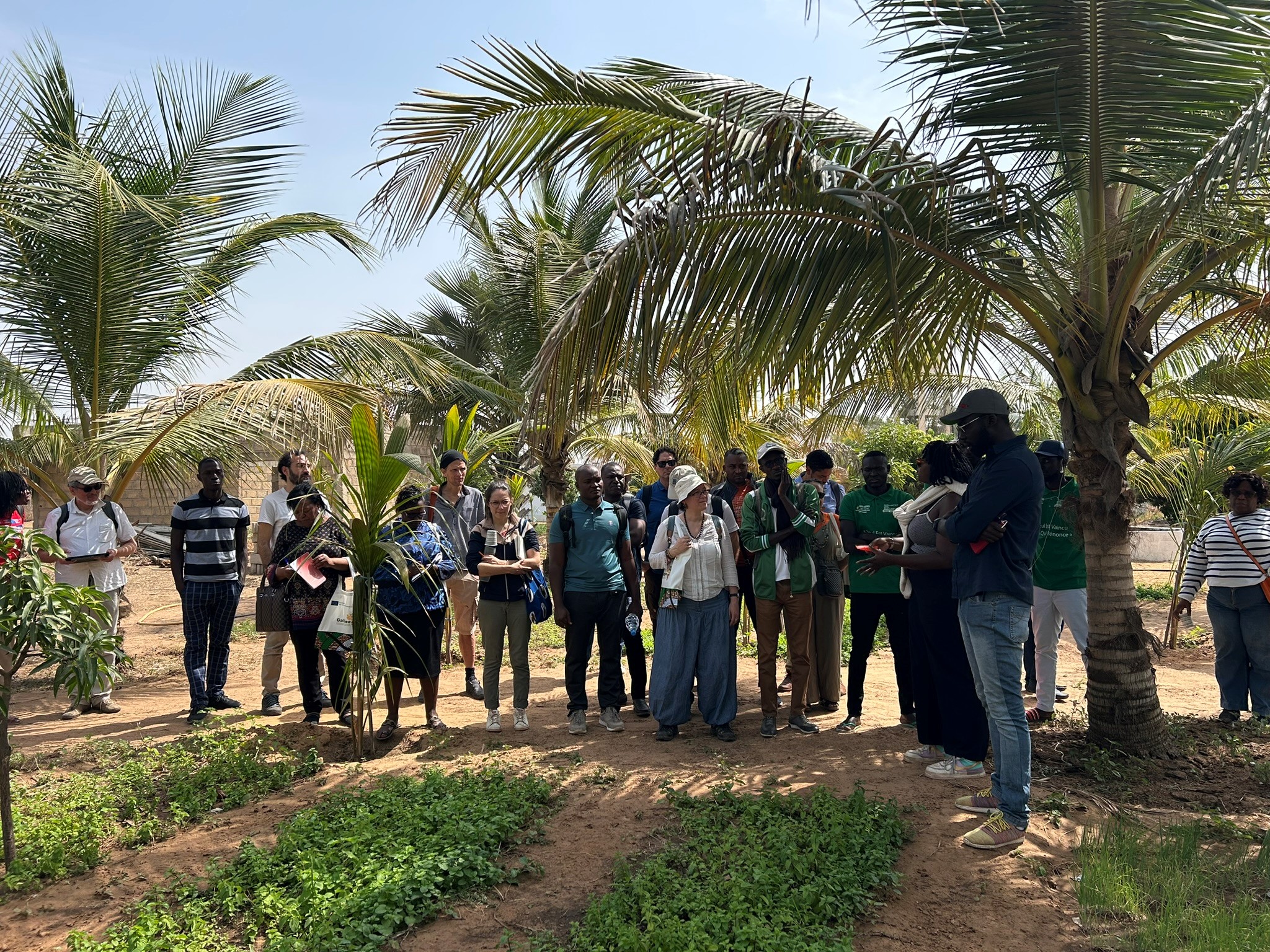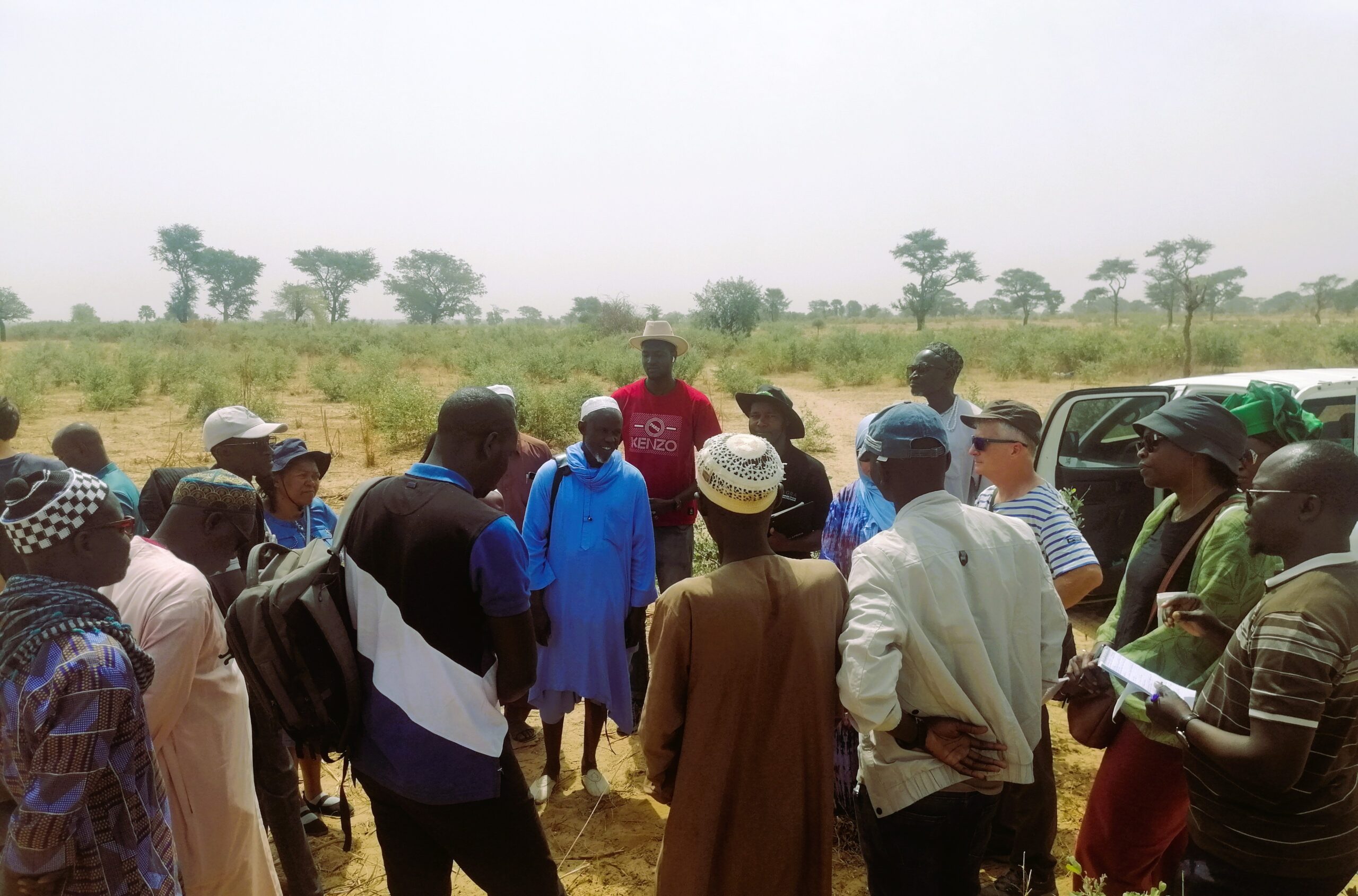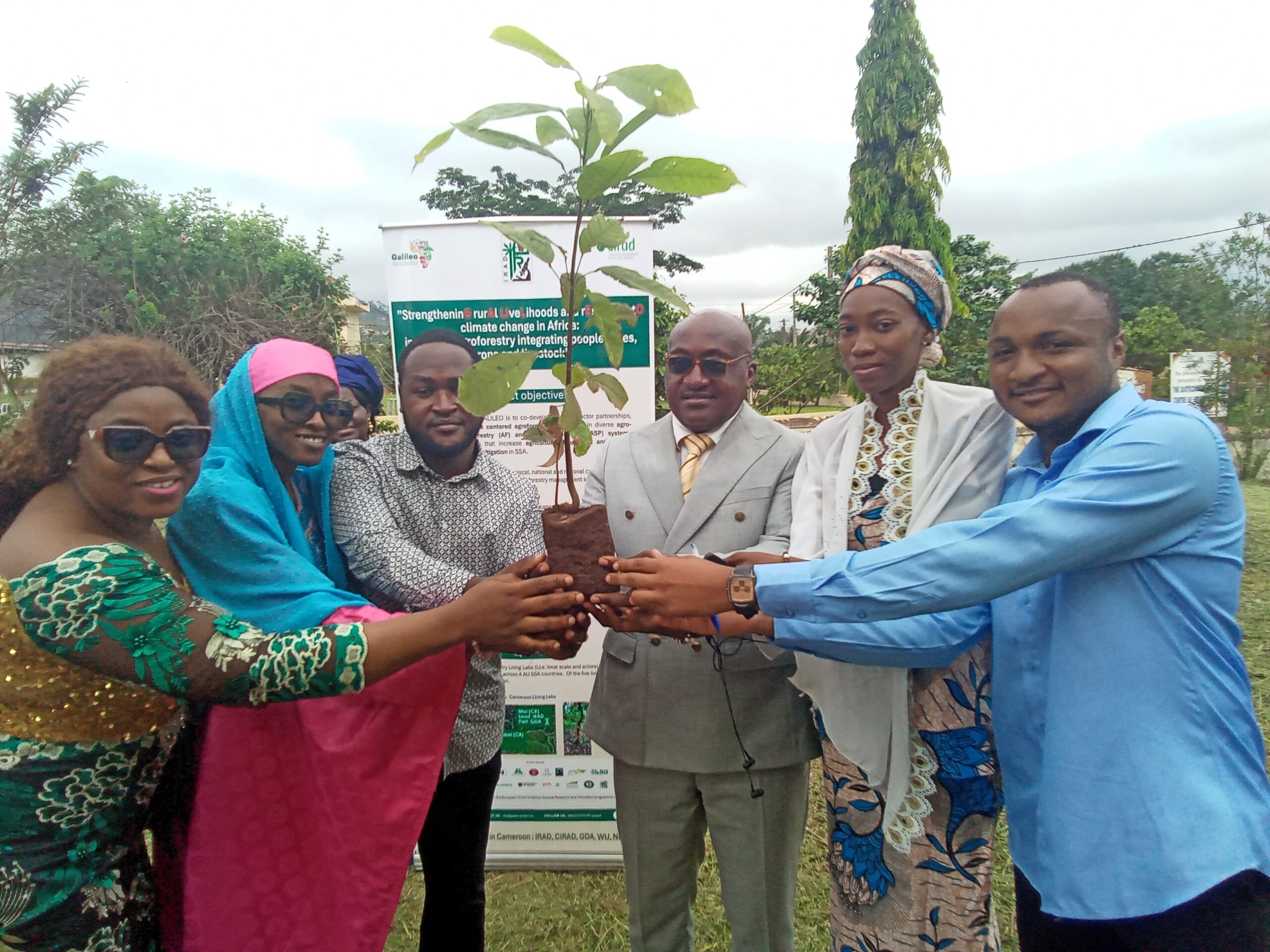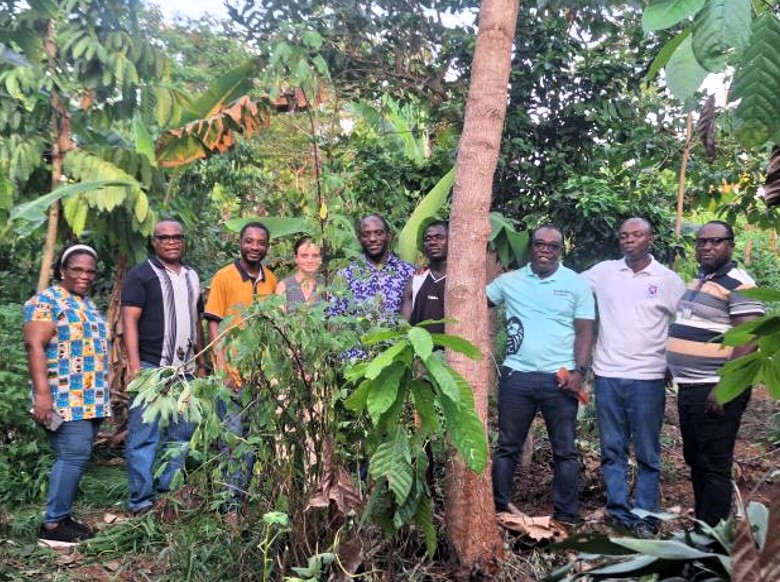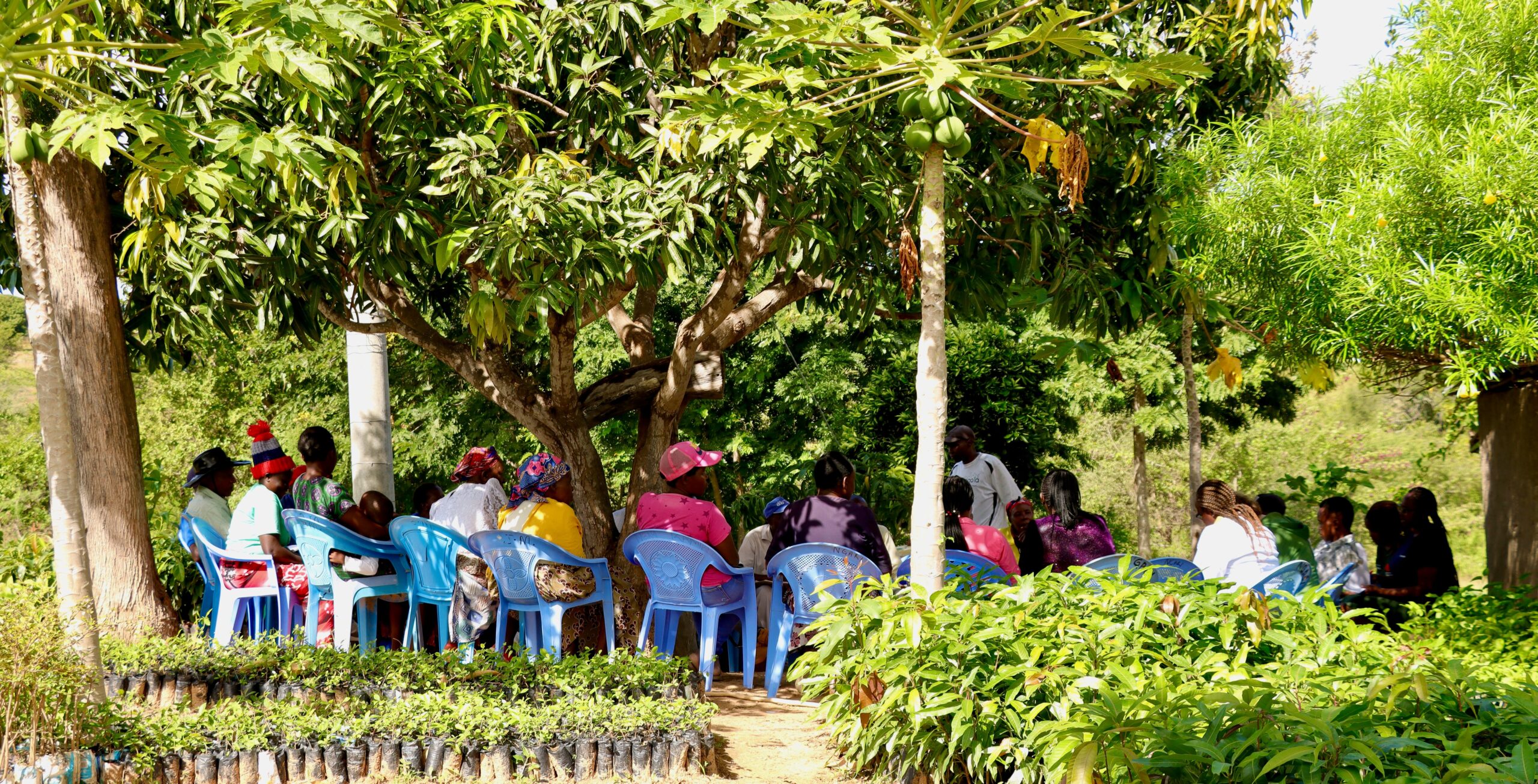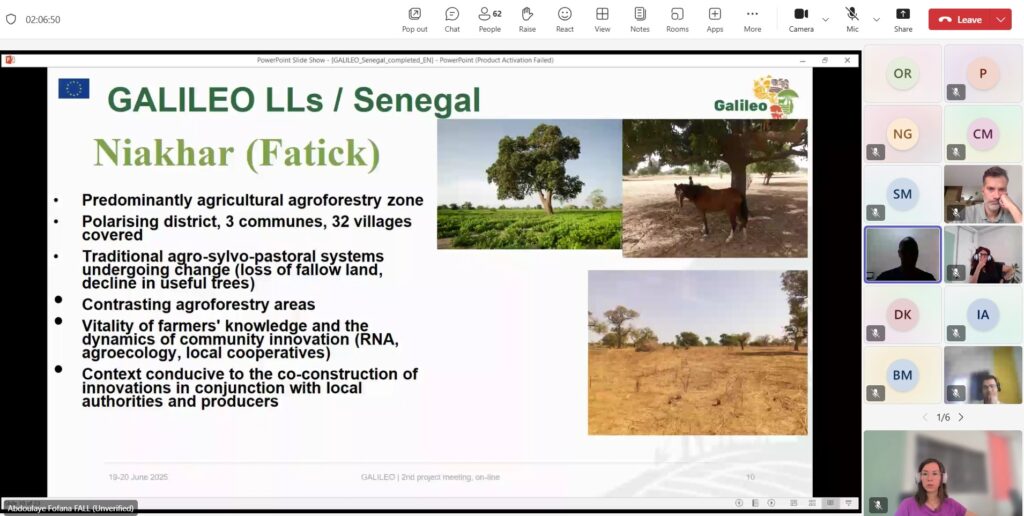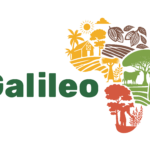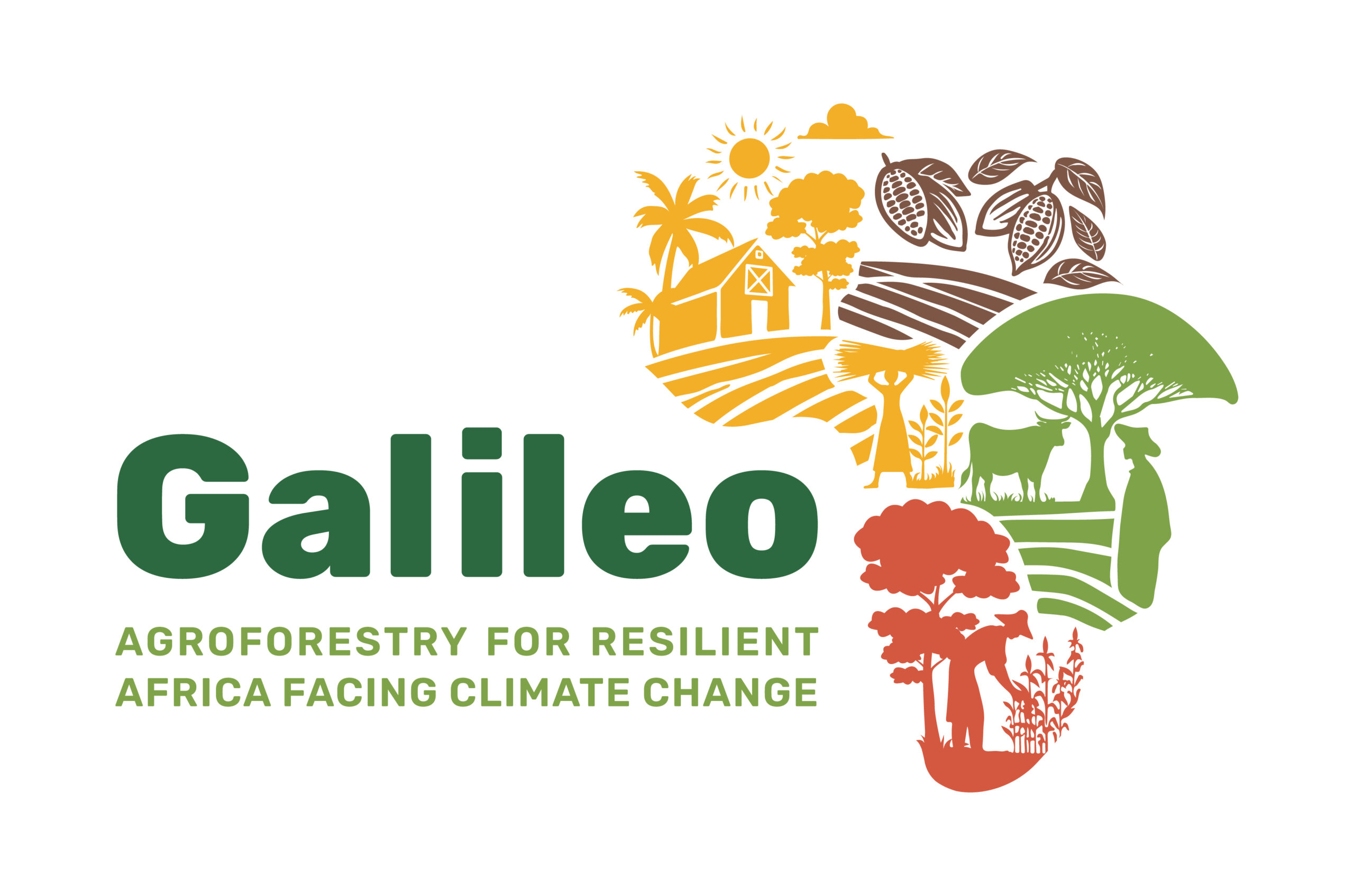
Newletter Issue #1
Welcome to the GALILEO project 1st newsletter!
Introducing GALILEO
GALILEO is a Horizon Research & Innovation project funded by the European Union under Grant Agreement No. 101181623. It started in January 2025 and will last for 48 months.
The overarching goal of GALILEO is to follow a Multi-Actor Approach (MAA) to co-develop context-specific, people-centered agroforestry innovations within representative agro-pastoral, agroforestry, and agro-silvo-pastoral systems (AFSPs) across Sub-Saharan Africa (SSA) within eight Living Labs (LLs) in Senegal, Ghana, Cameroon and Kenya.
Using the MAA framework, we co-design potentially adoptable AFSPs scenarios ex-ante with Innovator, Target, and Control actors engaged in the GALILEO LLs. These scenarios are then implemented, evaluated, and compared on pilot plots throughout the project duration. Field observations also feed into the calibration of process-based models capable of simulating outcomes under future climate change scenarios to evaluate and select the AFSPs that perform best.
The GALILEO consortium, led by Centre De Cooperation International En Recherche Agronomique Pour Le Developpement (CIRAD), consists of 23 partners and 1 associated partner across 7 European countries and 5 African countries (France, Greece, Italy, Netherlands, Denmark, United Kingdom, Switzerland, Senegal, Kenya, Ghana, Nigeria, Cameroon). The consortium members are: Centre De Cooperation Internationale En Recherche Agronomique Pour Le Developpement (CIRAD), Q-Plan International (Q-PLAN), Institut De Recherche Pour Le Developpement (IRD), Institut National De Recherche Pour L’agriculture, L’alimentation Et L’environnement (INRAe), Universita Degli Studi Della Basilicata (UoB), Wageningen University (WU), Kobenhavns Universitet (UCPH), Nitidae (NTD), Max Havelaar France Association (MHF), TERRE VERTE (TEVE), Institut Senegalais De Recherches Agricoles (ISRA), Centre De Suivi Ecologique (CSE), Conseil National De Concertation Et De Cooperation Des Ruraux Association (CNCR), Jardins D’afrique De Mbour (AFK), UNIVERSITY OF EMBU (UoEm), The International Centre Of Insect Physiology And Ecology Lbg (ICIPE), Farm Africa Limited (FaF), University Of Ghana (UG), International Institute Of Tropical Agriculture (IITA), Nature Conservation Research Centre (NCRC), Kuapa Kokoo Cooperative Cocoa Farmers And Marketing Union Limited (KKFU), Institut De Recherche Agricole Pour Le Développement (IRAD), Association Green Development Advocates (GDA), Forschungsinstitut Fur Biologischen Landbau Stiftung (FiBL).
GALILEO Living Labs
Our work is grounded in eight agroforestry LLs, operating at the local level with local stakeholders, along with four national and one regional Innovation Platforms (IPs), established across four African Union (AU) countries in SSA. These LLs are situated in the semi-arid regions of Senegal and Kenya, as well as the generally humid but drought-prone zones of Ghana and Cameroon, allowing for the comparison of a broad spectrum of SSA agroecological conditions to implement innovative AFSPs management practices targeted on local species (i.e. cocoa, staple crops etc.) and livestock (i.e. sheep, cattle, bees etc.) to increase agricultural, household and climate resilience, by supporting yield and income diversification, especially in dry conditions. In each LL, we engage three categories of actors, with their pilot plots:
-
Innovator actors: pre-existing to GALILEO with success stories in AFSPs management, willing to spread knowledge to local communities,
-
Target actors: willing to implement innovations after training and support,
-
Control actors: not ready to implement innovations but agreeing to provide control plots/farms for our baseline analyses.
Project activities
Kick-off meeting
On February 12th – 13th 2025 the project’s kick-off meeting was held in Dakar, Senegal at the premises of our ISRA, with the esteemed presence of African Union representatives. During the meeting, all partners presented their involvement and responsibilities in the project and shared their ideas and ambitions for a successful implementation to achieve the specific project objectives. During the project meeting in Senegal, the partners had the opportunity to visit the Kaydara Agroecology School Farm, hosted by our partner AFK in the Fatick region, where over 60% of the land is affected by salinization, proving that even degraded soils can be revitalized through agroecology.
Inaugural field visits
In Senegal (Feb 2025), the GALILEO team built upon the legacy of SustainSAHEL project with visits to LLs in Niakhar and Ouarkhokh. The team engaged with local communities on innovative uses of native shrubs like Guiera for soil fertility and explored hedgerow models for livestock integration. Collaborations with local researchers (ISRA) and farmers emphasized co-creation and sustainability.
In Ghana (March–April 2025), field visits to four regions (Eastern, Ashanti, Ahafo, and Central) laid the foundation for GALILEO LLs. The team engaged with key cocoa cooperatives (ABOCFA, KKFU), explored Dynamic Agroforestry practices, and secured alignment with public and private partners to support project rollout.
In Kenya (April 2025), a diagnostic survey in the Embu County identified strong farmer-led agroforestry innovations, such as water harvesting and beekeeping. However, systemic challenges, including water scarcity, pest issues, and limited extension services were also highlighted. These insights will shape the LLs and multi-stakeholder solutions going forward.
2nd project meeting
The consortium came together for its 2nd project meeting online on 19th – 20th June 2025, bringing together all African and European partners to review the progress in the first 6 months and plan next steps. Updates from the four LLs and work packages highlighted existing innovations, the outlines farmer engagement plans, and details on our efforts toward climate resilience and income diversification. The meeting reaffirmed the project’s commitment to co-developing context-specific agroforestry solutions, with the next in-person gathering set for early 2026 in Ghana.
Future developments
In the upcoming semester, our consortium will focus on the following activities:
-
Organizing inception workshops in the LLs and dedicated focus groups in order to co-select species, breeds and farm types for the AFSPs scenarios to be tested.
-
Select and recruit innovator, target and control actors that will participate in the GALILEO activities.
-
Run a baseline household survey in order to understand the socio-economic and socio-demographic effects of AFSPs implemented in the LLs and the rural communities they support.
